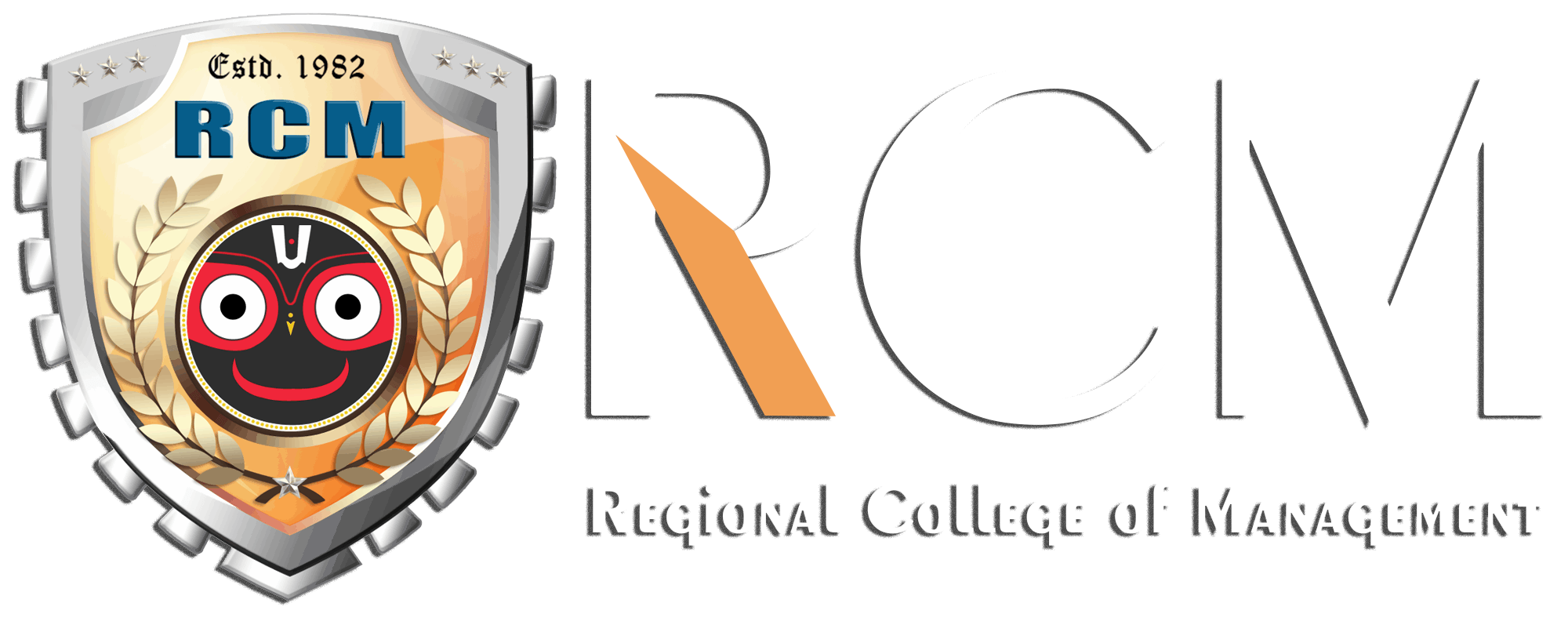Written By, Sthitaprajna Ray || Content Writer
The landscape of management education has evolved significantly in recent years, with a growing emphasis on bridging the gap between academia and industry. This shift has led to increased collaboration between management schools and industries, bringing real-world relevance to the classroom and preparing students for the challenges of the professional world.
In this blog post, we will explore the benefits of industry-academia collaboration in management education and how these partnerships enhance learning and employability for students.
Real-World Learning Opportunities:
One of the key benefits of industry-academia collaboration is the exposure it provides students to real-world business scenarios. By engaging with industry professionals, students gain practical insights and experience firsthand the complexities of the corporate world. This exposure goes beyond theoretical knowledge and equips students with problem-solving skills, adaptability, and a better understanding of business dynamics.
Curriculum Relevance:
Industry-academia collaboration ensures that management education remains relevant to the current business landscape. As industries evolve, so do their needs for skilled professionals. Collaborating with industry experts allows management schools to update their curriculum regularly, integrating the latest trends, technologies, and best practices. Consequently, graduates are better prepared to meet the demands of the job market.
Guest Lectures and Workshops:
Collaboration with industry leaders enables management schools to organize guest lectures, workshops, and seminars featuring prominent professionals. These interactions expose students to diverse perspectives and provide networking opportunities. Guest speakers share their experiences, challenges, and success stories, inspiring students and offering valuable career guidance.
Industry Projects and Internships:
Partnerships with industries often lead to opportunities for students to work on real-time projects and internships. These experiences allow students to apply classroom learning to practical situations, honing their skills and gaining a competitive edge. Additionally, industry projects and internships increase employability prospects by providing students with relevant work experience.
Mentoring and Career Guidance:
Collaborating with industries facilitates mentorship programs where students receive guidance from experienced professionals. Mentors offer personalized career advice, helping students identify their strengths, improve weaknesses, and explore various career paths. Such guidance significantly enhances students’ confidence and preparedness for their professional journey.
Research and Innovation:
Industry-academia collaboration fosters research and innovation in management education. Joint research projects between academic faculty and industry experts lead to the development of cutting-edge solutions and frameworks that address real-world challenges. This collaboration benefits both academia and industry by advancing knowledge and practices in the field.
Networking Opportunities:
Networking is a crucial aspect of career development, and industry-academia collaboration provides ample networking opportunities for students. Through events, conferences, and industry visits, students can connect with potential employers and build valuable professional relationships. These connections often open doors to internships, job placements, and future career opportunities.
Conclusion:
Industry-academia collaboration in management education proves to be a win-win situation for all stakeholders involved. Students gain practical exposure, relevant skills, and enhanced employability, while industries benefit from a pipeline of well-prepared and job-ready talent.
By fostering a strong partnership between academia and industry, management schools can better prepare their students for the challenges of the dynamic business world, ensuring a successful and fulfilling career for each graduate.





























